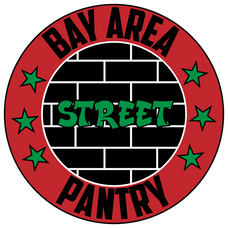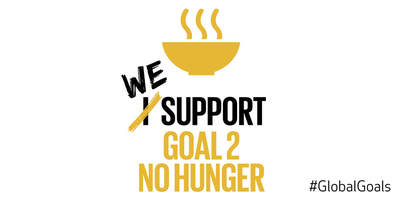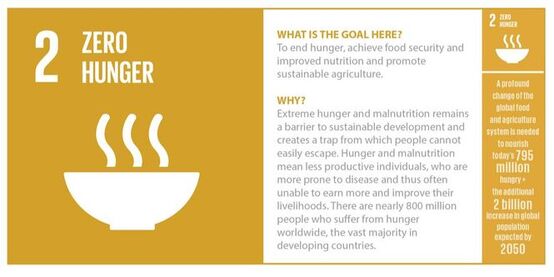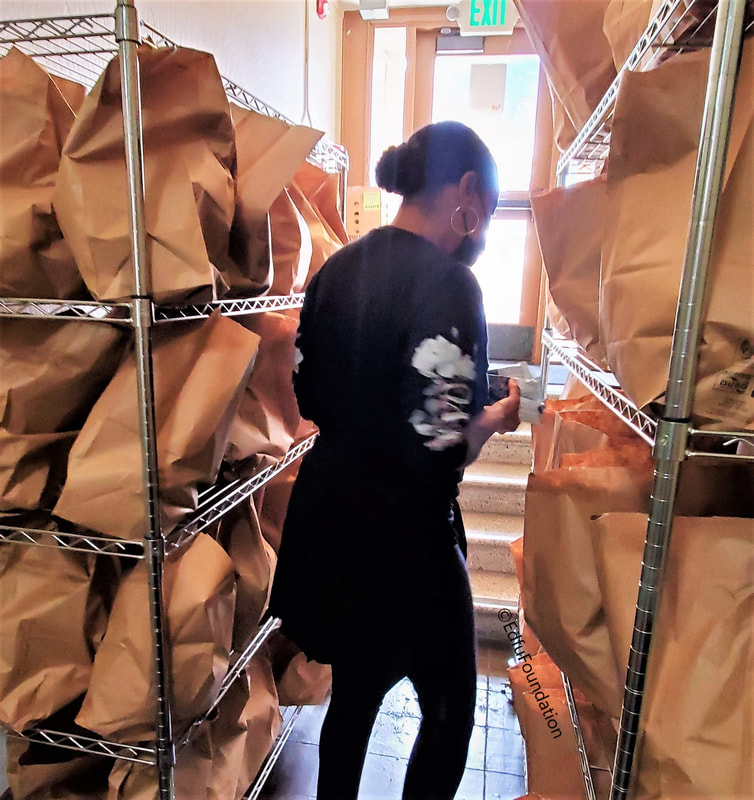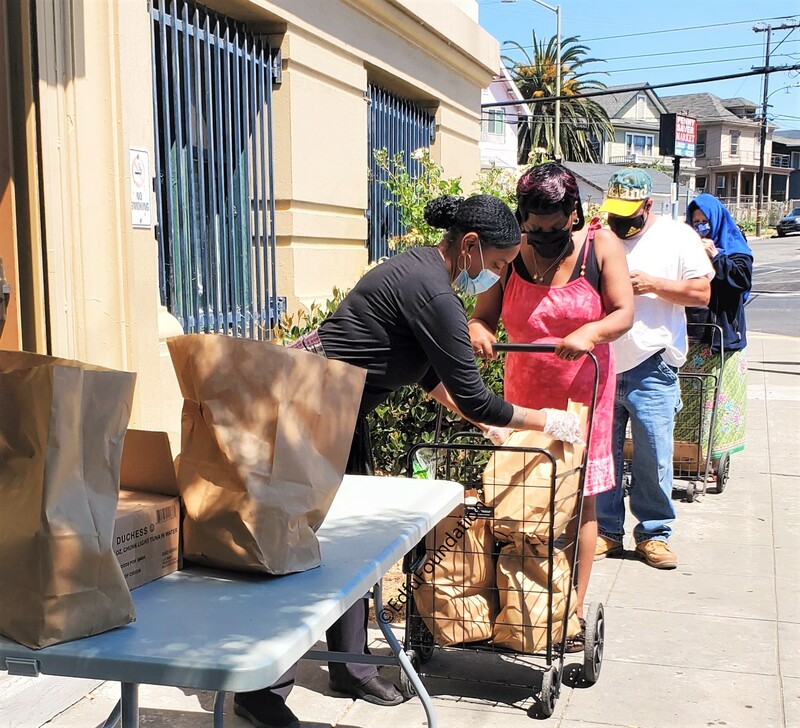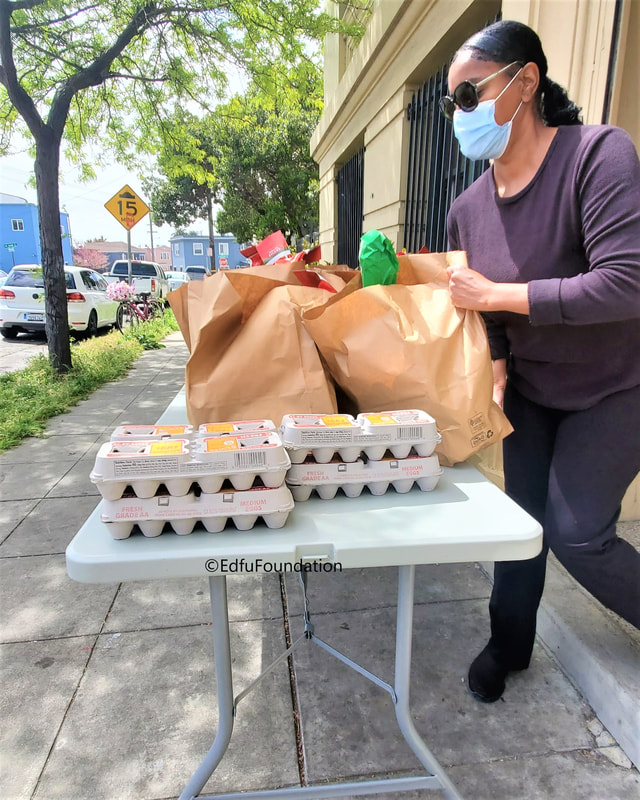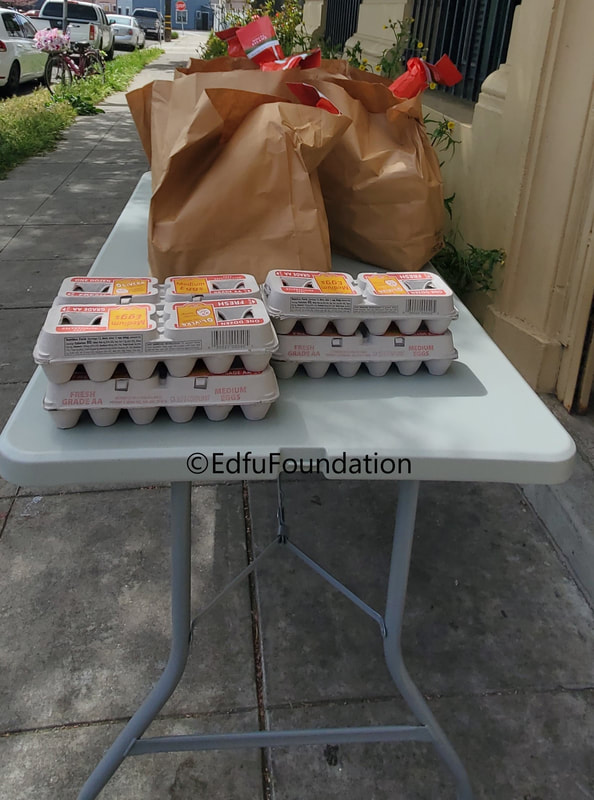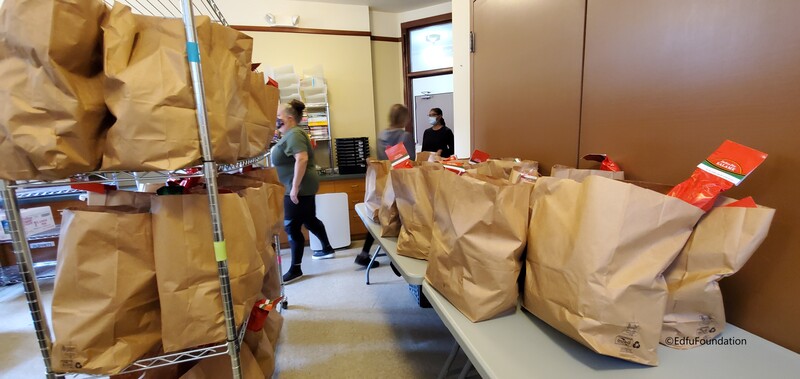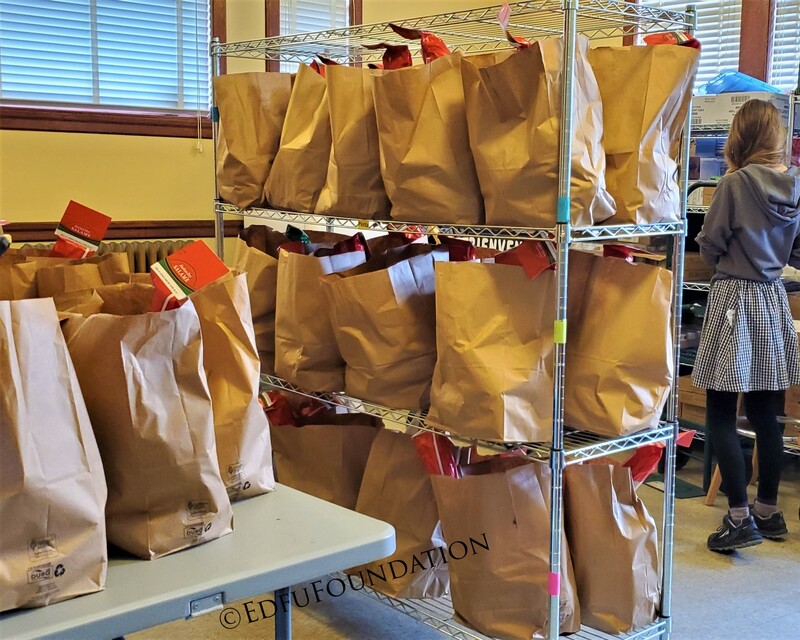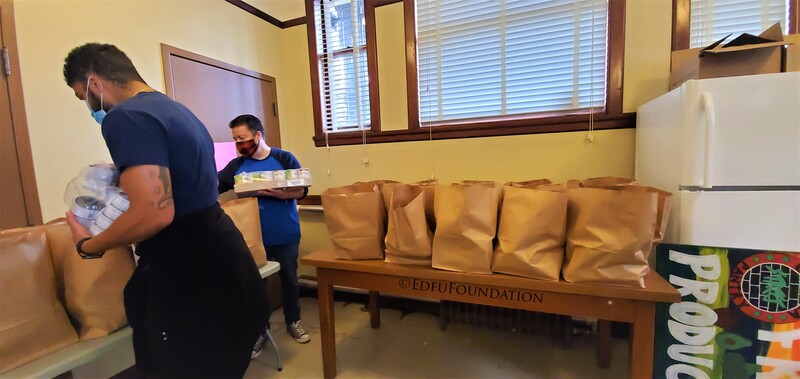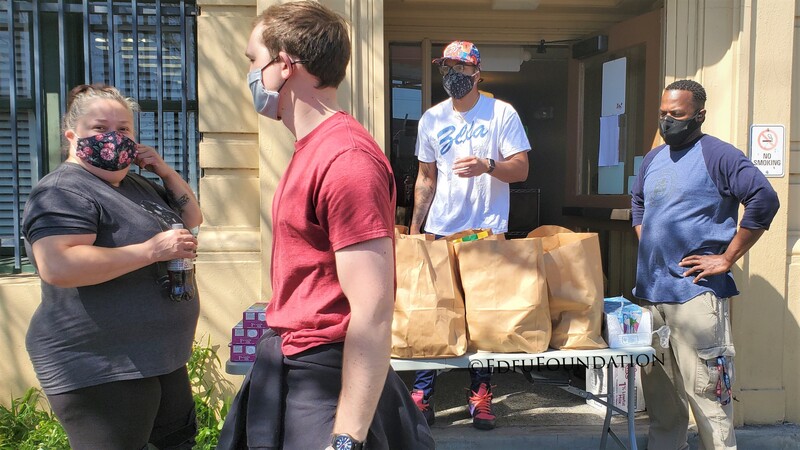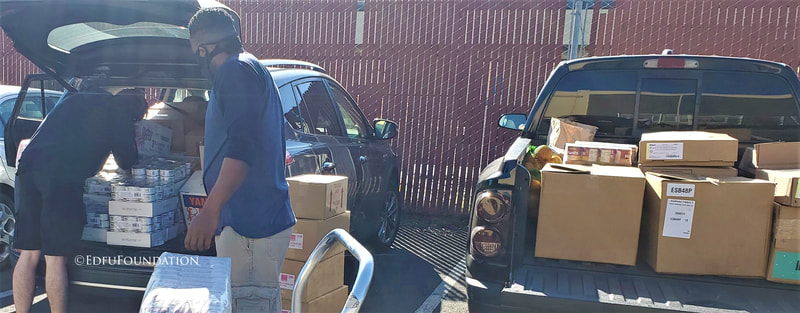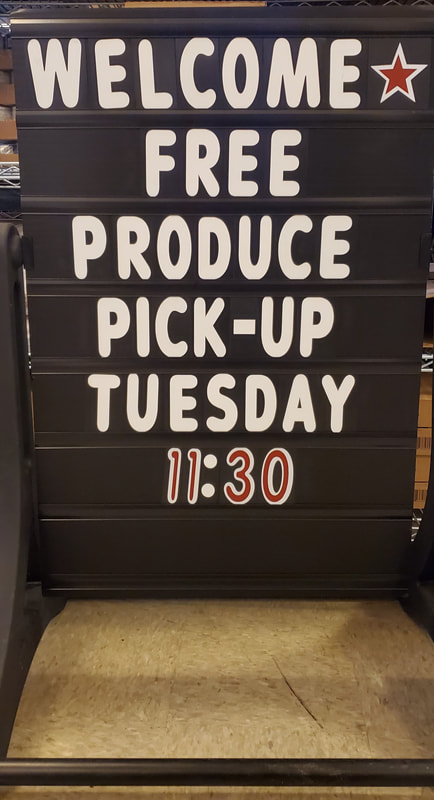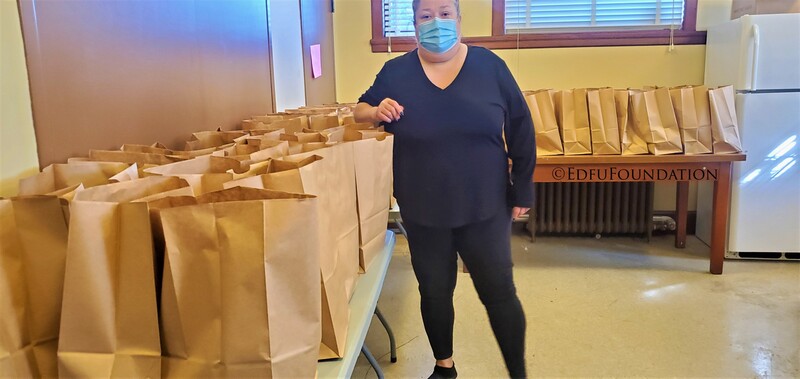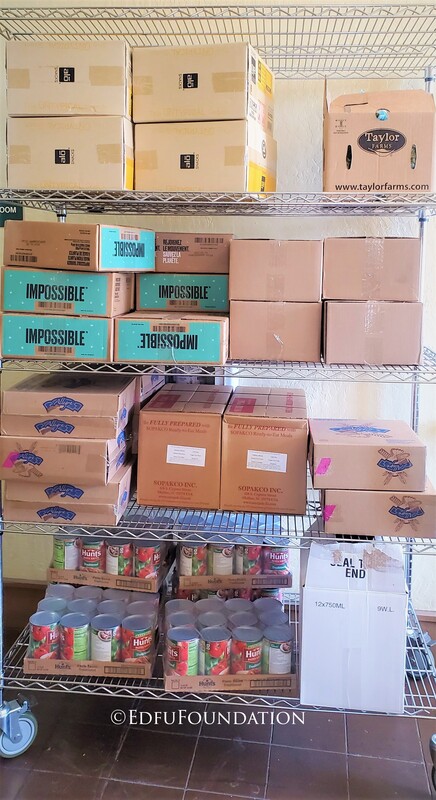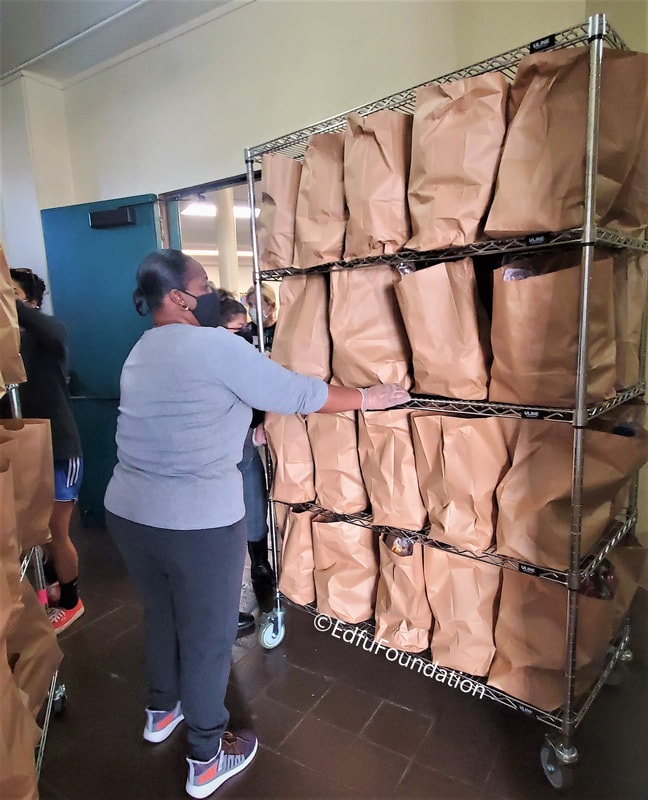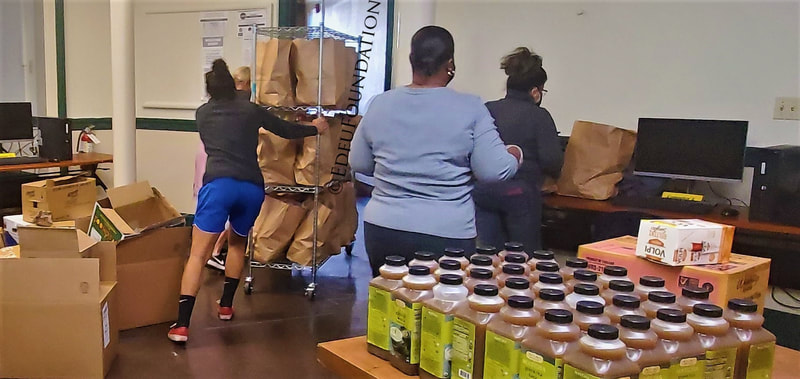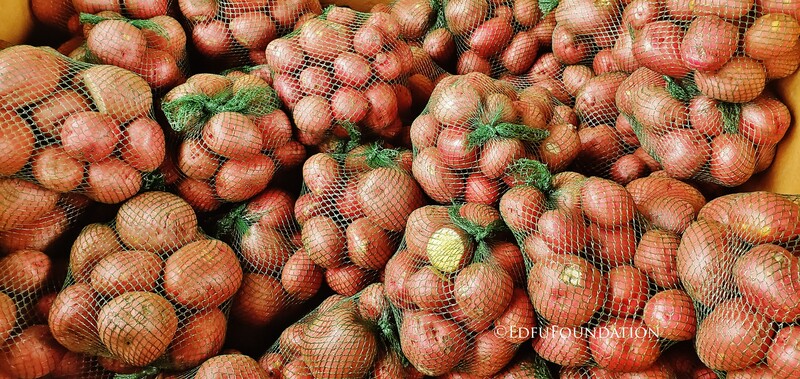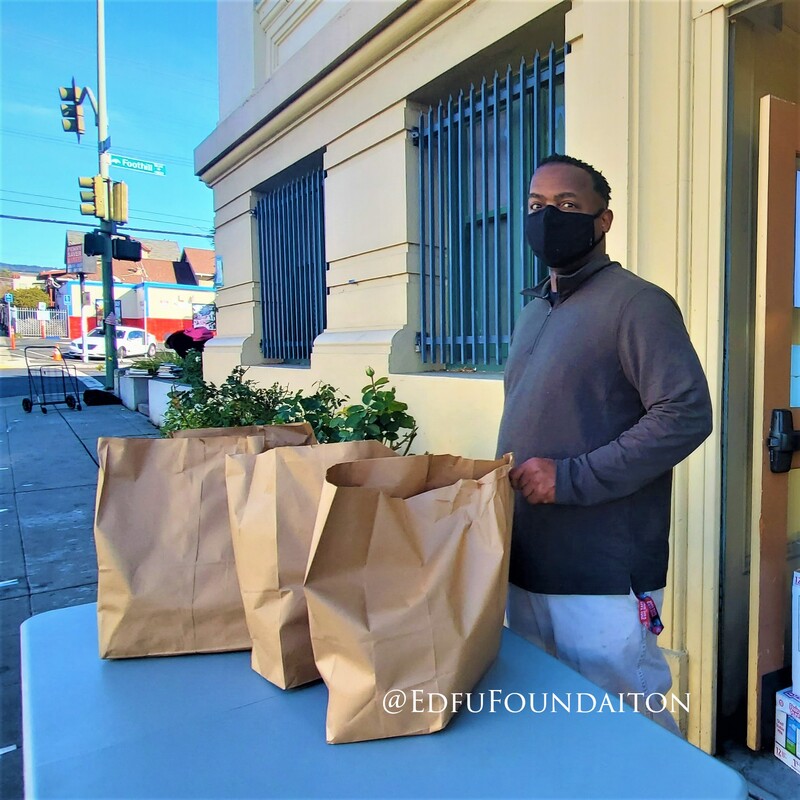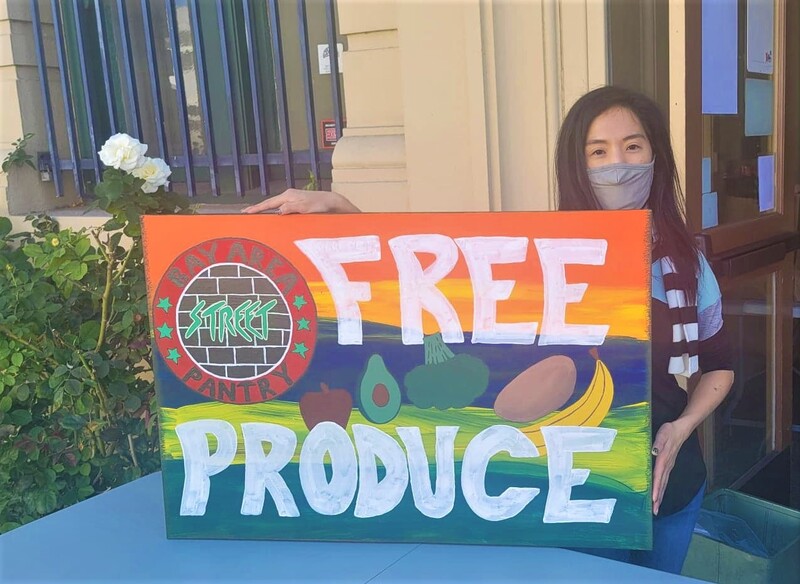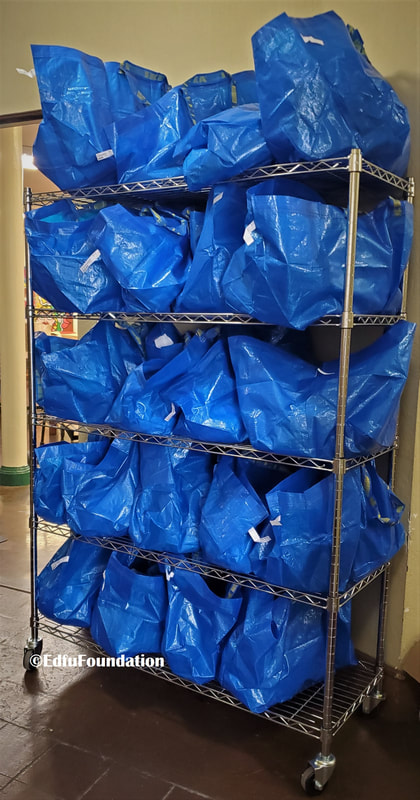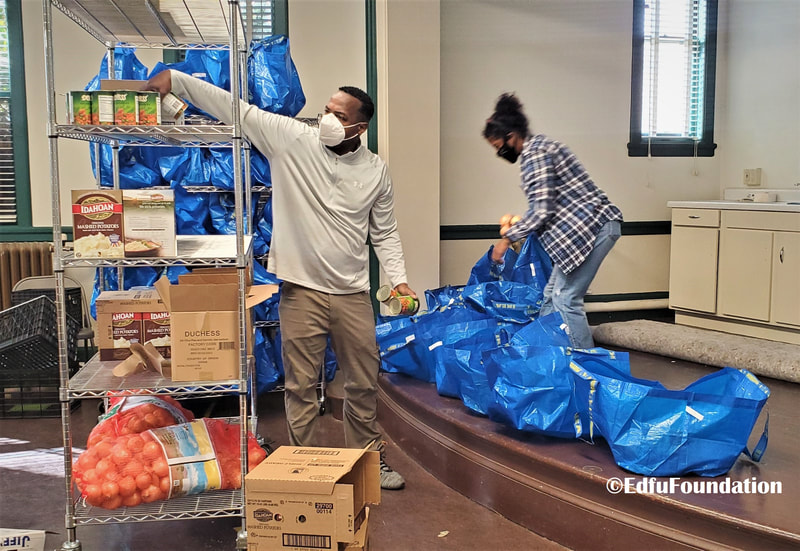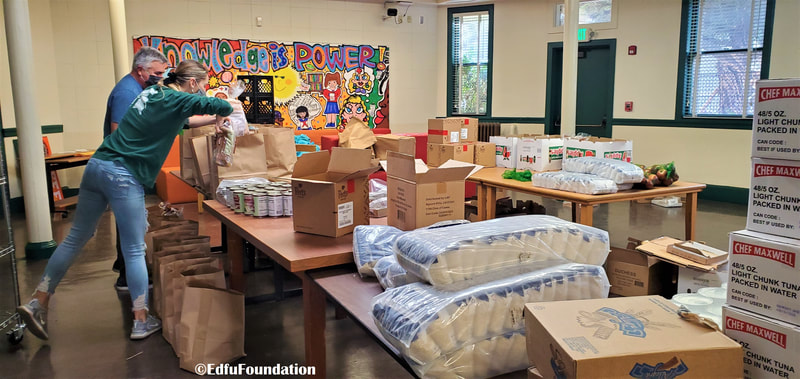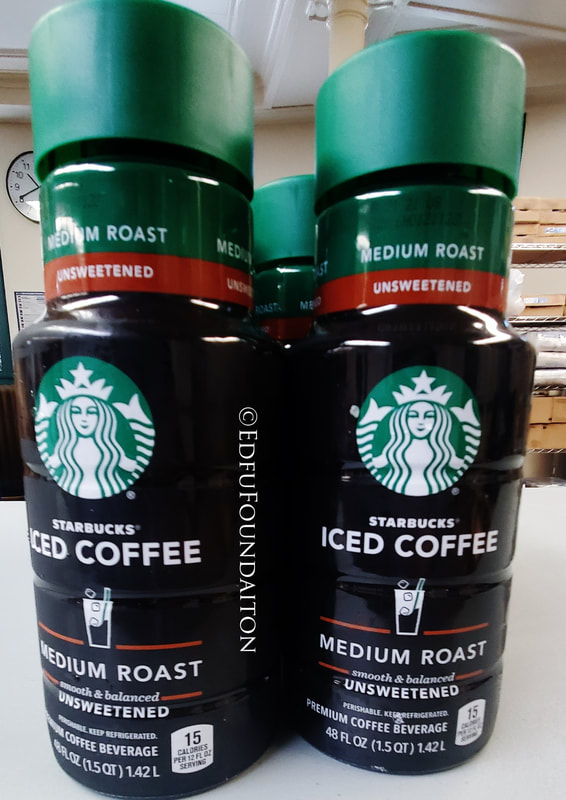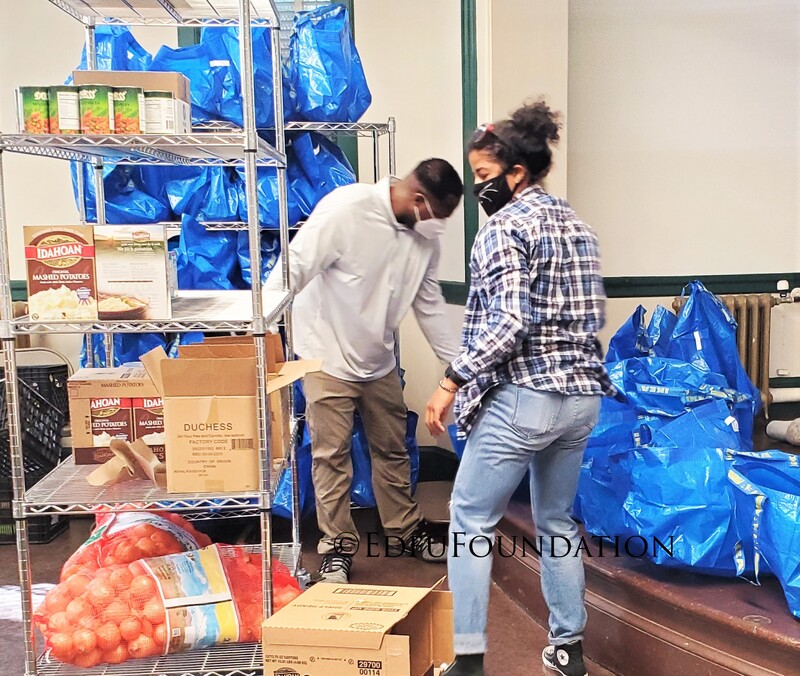|
Edfu Foundation in alignment with the United Nations Sustainable Development Goal #2 Zero Hunger, has created the Bay Area Street Pantry to provide food for the financially distressed, homeless, and displaced in the Bay Area and Alameda County in California. We have partnered with the Oakland Public Library (Melrose Branch) 4805 Foothill Blvd. Oakland, CA 94601 for a safe location and the Alameda County Food Bank to provided food. To date we helped over 10,000 Bay Area residents and given out over 100,000lbs of food! |
|
|
To donate items please contact us via email at: [email protected] or [email protected].
Monetary donations can be made directly by clicking DONATE. To volunteer please click the link to fill out the volunteer form and liability waiver: Volunteer Form
VISION
Zero hunger in Oakland and beyond. Helping to end hunger and ensure access to safe nutritious and sufficient food all year round in which people can transition from food insecure dependent to food secure self-sufficiency. MISSION Bay Area Street Pantry is an initiative of The Conservancy Corp, that is committed to helping alleviate the issues and stress of the Economically challenged, food distressed and growing homeless population in the Bay Area. On a weekly basis, the members of Street Pantry, along with volunteers, providie immediate access to nutritious food, leading hunger and poverty advocacy efforts and transforming lives through innovative programming and education to help make life for those effected by difficult economic situations better in some way. HOW WE WORK Oftentimes, people use the term “food bank” interchangeably with a food pantry, soup kitchen (and other types of food distribution services) – of which we are a partner agency. The Alameda County Foodbank is our central source and clearinghouse for rescued product and responsible for the equitable and safe allocation of food and grocery product. They help make our work possible by providing fresh produce and handling the logistics and warehousing. Bay Area Street Pantry obtains food from the food bank or from agreements with city, state or nonprofit partners or donations and provides individuals with food, either in the form of a pantry box, or prepared meals. THE IMPACT OF HUNGER IN YOUR COMMUNITY Over the past several years we have seen an increase in the reliance on emergency food programs by almost 40%. Families and individuals who were once donors are now standing in line at soup kitchen and food pantries. Those in need of food assistance include children, the working poor, older adults, veterans, physically and mentally disabled, and the homeless. Hunger does not discriminate. A critical component of a high quality of life is good health, which starts with healthy eating. Unfortunately, food insecurity (low wages and lack of access to healthy and fresh food) is a significant barrier that prevents so many from living, working and thriving in the bay area. ECONOMIC IMPACT OF HUNGER ON EVERYONE According to a report by the Center for American Progress and Brandeis University, “hunger costs our nation at least $167.5 billion due to the combination of lost economic productivity per year, more expensive public education because of the rising costs of poor education outcomes, avoidable healthcare costs, and the cost of charity to keep families fed.” REASONS TO SUPPORT BAY AREA STREET PANTRY With our community in the grips of COVID-19, we are adjusting our operations to meet the increased needs of today while preparing for continued challenges in the weeks and months to come. or the thousands of our neighbors who are already facing food insecurity, being quarantined means the very real danger of lost wages, further difficulty accessing enough food, and an increased reliance on food banks to fill their plates. With school closures, job disruptions, lack of paid sick leave and the health threat’s disproportionate impact on the elderly and limited-income families, we know that number is growing daily. To meet the evolving and increasing need, we have had to immediately alter our business operations due to drastic declines in retail food donations, social distancing limitations on volunteer efforts, and the need for low-contact distributions. |

